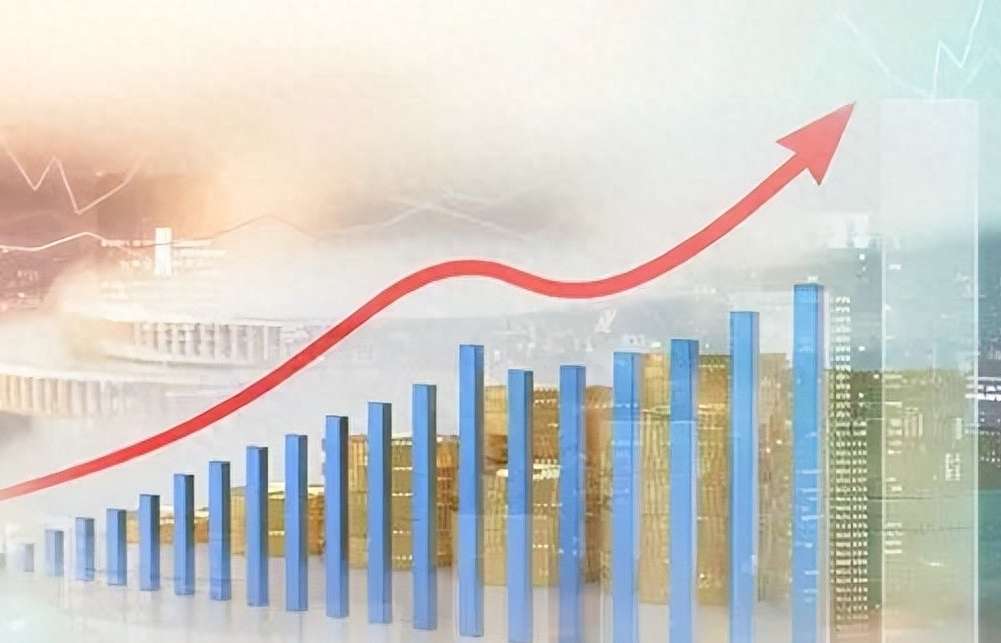UK GDP Surprises with Unexpected Q4 Recovery
Advertisements
The latest statistics from the UK give a glimmer of hope to the Labour government as it grapples with a challenging economic landscape. In an unexpected turn of events, the British economy managed to avoid a decline in the last quarter of 2024. The UK’s National Statistics Office announced on Thursday that the country’s Gross Domestic Product (GDP) grew by 0.1% compared to the previous quarter, a slight acceleration from the stagnation experienced in the third quarter.
This growth was particularly crucial as economists had projected a 0.1% decline, raising concerns of a potential recession as 2025 approached without signs of recovery. Notably, the output for the month of December alone registered a 0.4% increase, surpassing analysts' expectations and providing a much-needed boost to the government’s morale.
Despite this marginal uptick in growth, the broader picture is less optimistic. The private sector has faced two consecutive quarters of contraction, and GDP growth for the entirety of 2024 stood at a mere 0.9%. The Bank of England has signaled that the sluggishness may extend into 2025, recently halving its growth forecast for this year to a mere 0.7%.
For Rachel Reeves, the Chancellor of the Exchequer, these statistics bring a small relief, especially given that the Labour Party's ambitious economic growth agenda has been hampered early on. The slight rebound in overall figures might uplift government sentiment, particularly as the Office for Budget Responsibility is set to release critical new forecasts next month. It is noteworthy that the size of the UK economy is slightly higher than it was when the Labour Party ascended to power in July.
However, experts reiterate that the fourth-quarter growth merely indicates an economy that is almost stagnant, highlighting how businesses are trying to adapt to heightened tax burdens and uncertainties stemming from global markets. One of the observed phenomena was that the budgetary decisions made in October appeared to boost public sector activity at the cost of private sector performance.
Following the release of these figures, the British pound experienced a rally, achieving its highest level against the dollar in over a week. This uptick is largely attributed to a general weakening of the dollar, with the pound accumulating a 0.9% rise for the week so far.

The National Statistics Office pointed to several sectors driving growth in December, notably bars, wholesale, film distribution, machinery manufacturing, and pharmaceuticals. In contrast, industries such as computer programming, publishing, and car sales experienced downturns, exemplifying the uneven nature of the recovery.
Unfortunately, when accounting for population growth, the situation reveals an even bleaker scenario. Per capita GDP fell by 0.1%, marking a second consecutive decline. The data illustrates that the private sector is now in recession, having contracted for two successive quarters, while the public sector's growth—primarily fueled by expenditure in healthcare, defense, and public administration—stands out as the main driver of economic activity. Despite government spending increasing by 0.8%, household expenditures remained stagnant, and business investments dropped by 3.2%. The recent declines in employment were cited as a significant factor contributing to plateaued consumer spending.
Economists from Bloomberg, Ana Andrade and Dan Hanson, have commented that the unexpected growth in the final quarter of 2024 demonstrates that the UK has managed to stave off a winter recession. Nonetheless, the underlying details present a disheartening picture, indicating that private demand remains exceedingly weak, with government spending emerging as the primary source of economic growth.
The ongoing economic malaise is undoubtedly constraining the Labour Party's ambitious spending agenda. Recent reports indicate that fiscal regulators have revised growth forecasts downward. The initial projections released last week suggested that Chancellor Reeves might have to navigate a minor deficit this year.
Luke Bartholomew, a deputy chief economist at abrdn, stated, “It is certainly difficult to envision the economy slipping into a technical recession in the near term. Nevertheless, the Office for Budget Responsibility will likely be compelled to significantly adjust its growth forecasts downward, imposing greater pressure on the Chancellor to achieve his fiscal objectives.”
Since taking office, the Labour Party has rolled out a series of initiatives aimed at bolstering the supply side of the economy, while also signaling a willingness to tackle contentious issues, such as the approval of a third runway at Heathrow Airport. However, these measures may take time to materialize, and the current economic environment is still being hampered by high interest rates, a lack of consumer confidence, and escalating threats from global trade tensions.
Businesses reacted negatively to the government's first budget, which includes over £40 billion ($50 billion) in new taxes. Among these measures is an increase in employer national insurance contributions by £26 billion, a move that surveys show could lead to higher unemployment rates.
This data is crucial for the Bank of England as its interest rate policymakers are caught between the persistent inflation and the need to stimulate economic demand. Last week, Bank officials voted in favor of the third rate cut in the current easing cycle; however, they maintained a cautious approach in relaxing policy measures. There is a growing apprehension among dovish members within the Bank of England regarding the implications of economic stagnation, suggesting that a more aggressive rate cut might be necessary to buoy the economy.
Leave Your Comment